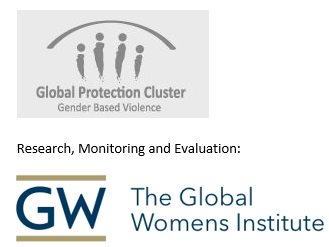- A Case Management approach to survivor care is a: “collaborative, multidisciplinary process which assesses, plans, implements, coordinates, monitors and evaluates options and services to meet an individual’s needs through communication and available resources to promote quality, effective outcomes” (Case Management Society of Australia, 1998, as cited by IRC, 2012, pg.70).
- The four principles of case management are:
- Individualized service-delivery based on the choices of the survivor
- Comprehensive assessment that is used to identify the survivor’s needs
- Participatory development of a service plan that meets survivor’s needs and is developed with her
- Good coordination of service delivery (adapted from IRC, 2012).
Adapted from IRC. 2012. GBV Emergency Response & Preparedness: Participant Handbook, pgs. 70-7.
- Case management and psychosocial support differ in that the primary focus of case management is on the spectrum of immediate needs related to the incident of violence while psychosocial support focuses more broadly on caring for the overall welfare the individual. Despite the differences there are important linkages and when implementing response programs case management and psychosocial support can complement one and other. For instance, psychosocial support can be provided as part of the case management process and, by using a case management approach, service providers can help survivors to consider and manage the psychosocial consequences of violence against women and girls (adapted from IRC, 2012, pg. 72).
